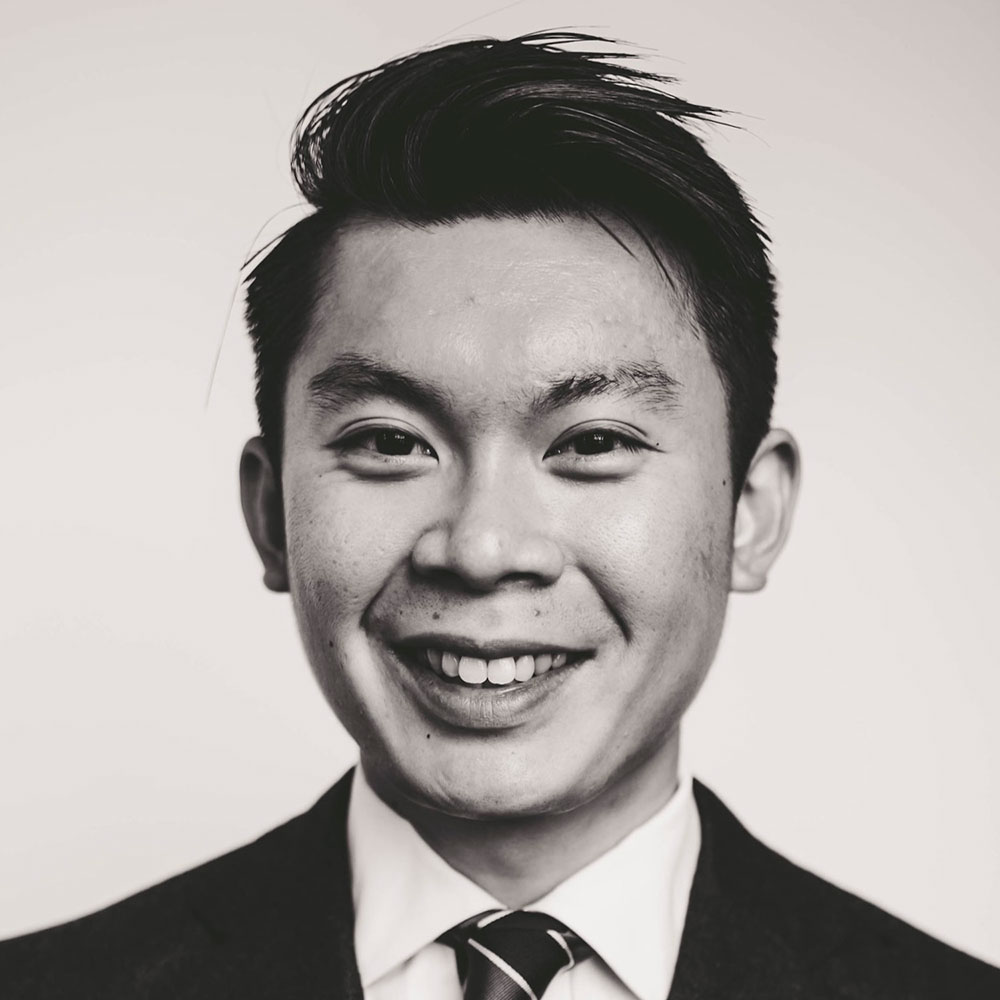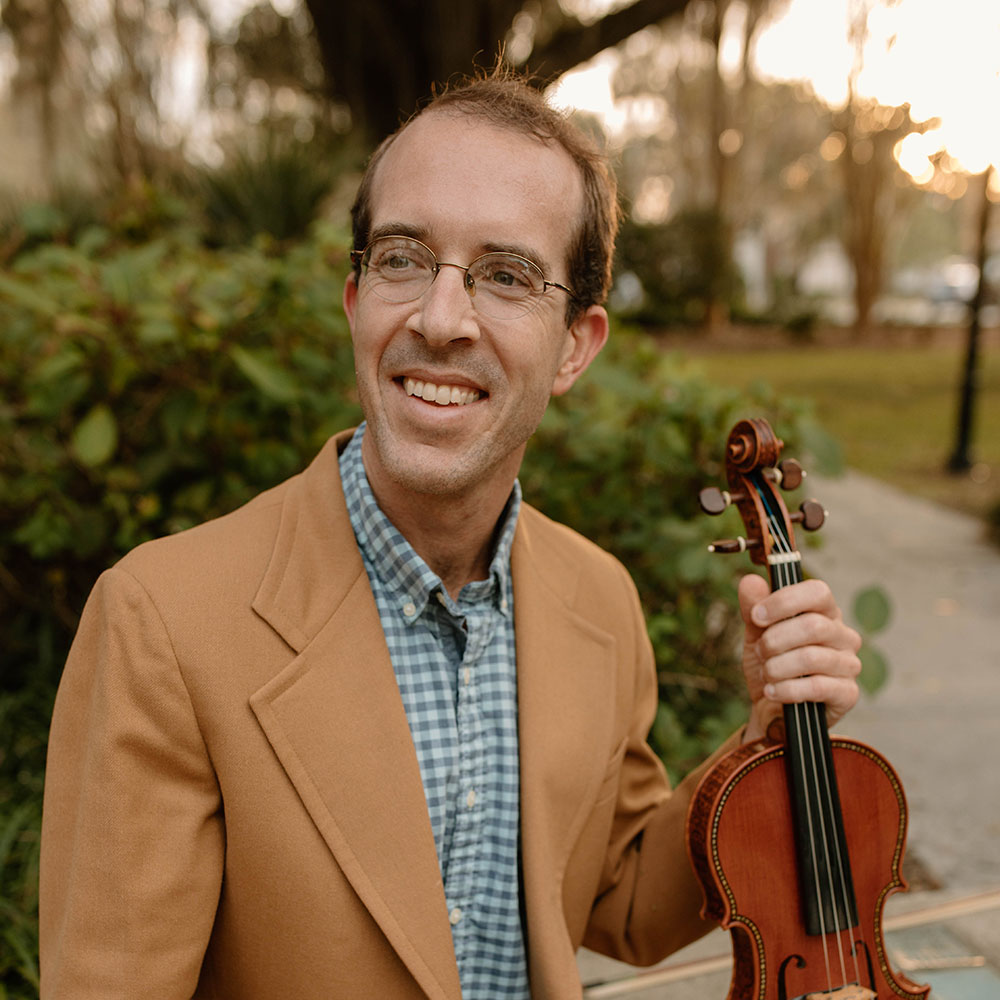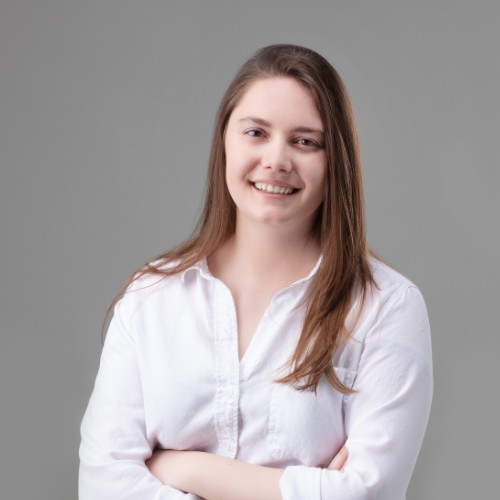Music Engagement as an Intervention for Improved Auditory Processing and Cognition Function
Dr. Alexander Chern, Primary Researcher
Although one in three adults in the United States over age 70 has hearing loss, it is a severely undertreated condition. The well-established recognition that hearing loss is a risk factor for cognitive impairment and dementia highlights the critical need for innovations in personalized interventions for hearing loss and its downstream neural effects. While chronic exposure to loud noise can promote hearing and cognitive decline, recent data suggest music engagement can protect and enhance supra-threshold auditory processing (speech-in-noise) and cognition.
This project will characterize the direct associations and interactions of hearing loss and music engagement on cognition and determine if engaging with music has a protective or enhancing effect in individuals with and without hearing loss. It combines large-scale population health approaches through novel analysis of previously extant longitudinal datasets with rigorous measurement in a smaller community pilot study of musicians and non-musician controls. The project will elucidate the mechanisms that connect hearing, music engagement, and cognition to identify neuroarts interventions that mitigate sensory and cognitive decline across the lifespan.

Alexander Chern
Alexander Chern, MD, is an otology/neurotology (ear and skull base surgery) fellow and music perception/cognition researcher at Johns Hopkins University.
His academic and research background includes the disciplines of hearing loss, neuroscience, and music perception and cognition. He currently focuses on understanding the intersection of music, hearing, and cognition, and how this knowledge can be translated to advance the health and well-being of patients.
After graduating with a BS in molecular biophysics and biochemistry from Yale University, where he also studied violin at the Yale School of Music, Chern completed his medical training at the Vanderbilt University School of Medicine. At Vanderbilt, he conducted research funded by the Medical Scholars Program in the Music Cognition Lab. He recently completed residency training in otolaryngology (head and neck surgery) at New York-Presbyterian Hospital (Columbia/Weill Cornell), where he received the W. Shain Schley Resident Teaching Award and the Alumni Council Distinguished House Staff Award
Rhythms of connection: rhythmic music making, social connectedness in persons living with dementia and their caregivers
Aaron Colverson, Primary Researcher
This project seeks to demonstrate the feasibility of social musical rhythm production to improve connectedness between persons living with dementia and their caregivers. It will branch from Creative Minds, an existing community outreach program of the Global Brain Health Institute in collaboration with the San Francisco Conservatory of Music.
The study will facilitate three social musical rhythm production events built around live instrumental music performed by San Francisco Conservatory of Music students. Before and after each event, caregivers will complete open-ended surveys to assess the quality of their relationships and a survey will also be administered to measure caregiver levels of enjoyment across the events. The anticipated outcomes are improved access to participatory music programs in an underserved dementia care community of San Francisco, improved relationship quality between persons living dementia and their caregivers, and professional development opportunities for students of the San Francisco Conservatory of Music.
This project will characterize the direct associations and interactions of hearing loss and music engagement on cognition and determine if engaging with music has a protective or enhancing effect in individuals with and without hearing loss. It combines large-scale population health approaches through novel analysis of previously extant longitudinal datasets with rigorous measurement in a smaller community pilot study of musicians and non-musician controls. The project will elucidate the mechanisms that connect hearing, music engagement, and cognition to identify neuroarts interventions that mitigate sensory and cognitive decline across the lifespan.

Aaron Colverson
Aaron Colverson, PhD, is a research associate at the University of Florida’s Center for Arts in Medicine and contributes to numerous projects in its Interdisciplinary Research Lab.
He co-led “Performing Public Health,” a component of the Center’s COVID-19 Arts Response, and contributed to a keynote presentation for the 2021 a2ru National Conference. Colverson is also a board member of Climate Music, which hosts events involving musical performance and scientific talks to educate and advocate for climate action.
After graduating from Berklee College of Music with a BM in professional music focused on jazz violin performance, Colverson lived in Nairobi, Kenya for two years, embedding himself in East African musical traditions and cultures. He earned his PhD in ethnomusicology from the University of Florida, with partnering research in neuropsychology, and received a fellowship to study music and prosocial interaction in Alzheimer’s disease and related dementias. In the fall of 2023, he began a hybrid postdoctoral/leadership-training fellowship with the Global Brain Health Institute and the Memory and Aging Center of the University of California, San Francisco.
Dancing with Brainwaves: Measuring Flow and Therapeutic Effects of Creative Movement with EEG
Joanna Sands, Primary Researcher
Dance and movement therapy emerged as a professional field in the 1940s, followed by decades of qualitative research validating its benefits in promoting emotional, social, cognitive, and physical integration for health and well-being. In recent years, the evidence has been further strengthened by quantitative interdisciplinary research involving fields such as psychology, neuroscience, and kinesiology, and by technological advances, such as biomechanical analysis, neuroimaging techniques, and wearables.
This project will measure the flow experience—presumably a central mechanism of change in dance and movement therapy—using newly developed lightweight, wireless EEG technology. In collaboration with experienced practitioners, researchers will leverage previous EEG research in concentration, meditation, and yoga that relates flow state to the synchronization and desynchronization of the alpha and theta brainwaves, and apply it to dance and creative movement used to manage stress. By developing a formal method for collecting and evaluating data with this custom EEG technology, the goal is to further its uses to advance neuroarts.

Joanna Sands
Joanna Sands, MS, is pursuing her PhD in electrical engineering at Stanford University under the guidance of Ada Poon, PhD, associate professor of electrical engineering at Stanford.
Sands’s current research focuses on developing a low power, miniaturized electroencephalography (EEG) system through the use of custom integrated circuits and the applications of low channel EEG devices to improve usability.
Sands received her MS and BS in electrical engineering and computer science from MIT, where her research focused on developing a wireless device for use in remotely controlled optogenetic neurostimulation in mice. In addition to research, she has a strong interest in teaching and education and was a Stanford Graduate Teaching Fellow.
